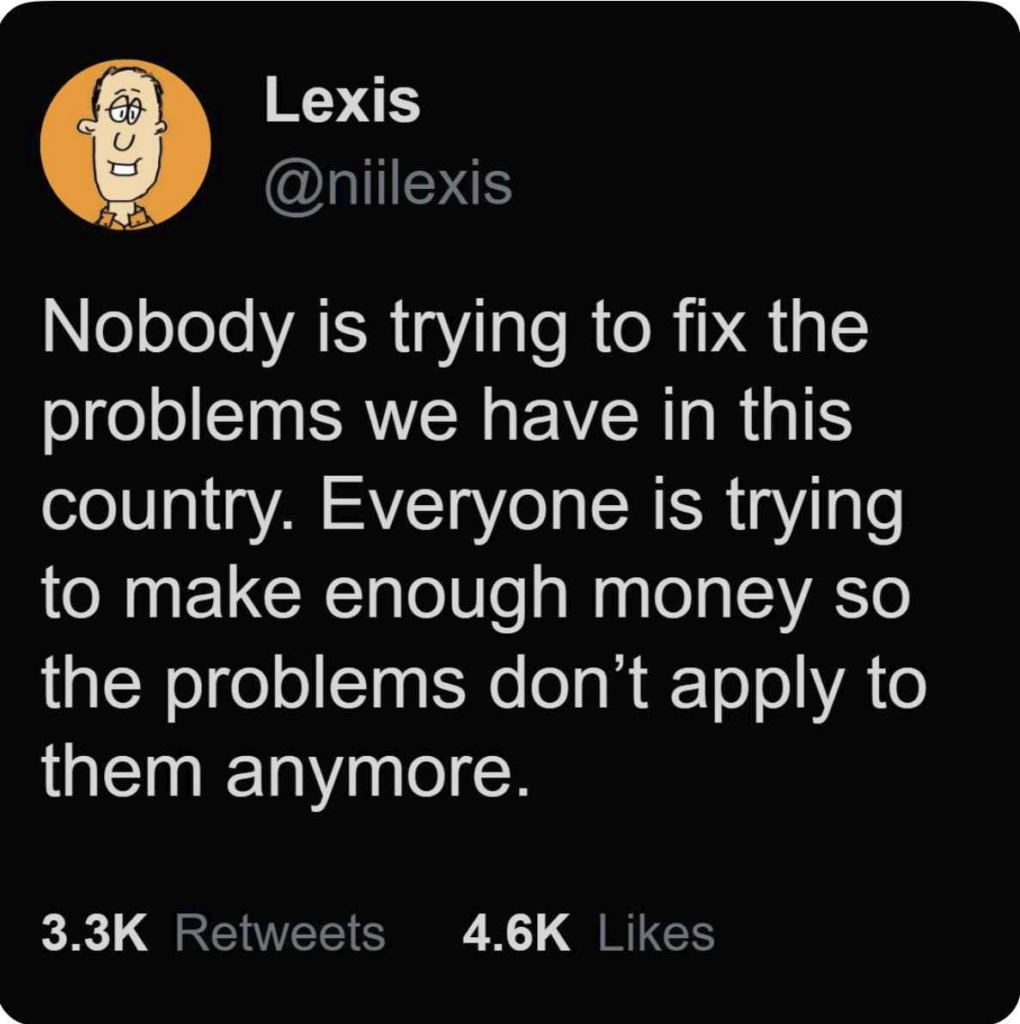(This column is posted at www.StevenSavage.com, Steve’s Tumblr, and Pillowfort. Find out more at my newsletter, and all my social media at my linktr.ee)
I’ve been contemplating Artificial Intelligence producing art once again. Many of my friends are creatives, so it’s a subject of near constant discussion and we wish it wasn’t. Honestly, there are moments I wonder how people like tech critic Ed Zitron keep their sanity.
To level set what is called “AI” these days has existed for decades, collections of math and data that allow computers to perform certain complex behaviors. It’s been in medicine, in graphics programs, and so on, we just didn’t call it “AI” until recently. What we’ve got now is a bunch of language-and-drawing aping tools that burn huge amounts of power and water and are marketed by companies that aren’t profitable or fear there’s no more “big new thing.”
With that out of the way (and it will be doubtlessly be repeated in my works), let me focus on the idea of AI being a substitute for artists and writers. To get more specific, let me note that AI isn’t going to make me feel, and one thing they can’t do right is make me feel unpleasant.
Some of art and writing involves discomfort. It is a new idea that sits in your mind, warping it around conclusions you’re afraid to make. It’s a realization of disturbing truths in your past, revealed by fictional characters acting out something unpleasantly close to your own life. This discomfort can be horrific or a pleasantly painful sense of walls shattering, but art can make you uncomfortable in a good way even if it’s bad.
To give an example, I was watching the anime Headhunted in Another World, something in the sent-to-another-world isekai genre – but with a businessman so you can guess why I watched it. One element involved a species with poor reproductive capacity who were really more crossbreeds because those were more viable. That led to all sorts of disturbing elements of family, ability, and even personality affected by genes. For a “fantasy office comedy” with romcom bits, that little revelation was thought-provoking and disturbing.
Not an original show in many ways, but the creator clearly had ideas. Imagine having siblings that are ALL half-siblings, imagine having a relative who is alien to you. As is a common trend for the unkillable Isekai genre, there are some very good ideas embedded in the tropes – hough to be fair Headhunted does a lot more with the subject than some, but I am biased.
I am not for gratuitous disgust or horror or unsettling weirdness of course. However sometimes unpleasantness is a key part of creativity. You need to feel horror or you have a strange insight or something is off in a mystery or in art. Sometimes you need to look over the edge of the canyon to realize how deep it’s going and know it is deep.
I’m not saying that AI or AI-aided work can create discomfort, and when it appears to it won’t be original. AI is simply about recycling the past ideas it’s accumulated, it has no experiences or life to draw up, nothing to create new insights. That vital need for art to unsettle will, at best, be recycled disturbing ideas from the past and at worse be unsettling because AI sort of is terrible. I’m not sure we can have the proper level of disruptive insight and experience.
It’s like horror movies, which oft seem to recycle the same ideas in huge repetitive bursts. In some ways we’re still remaking Friday the 13th (though I’d argue really that’s remaking Black Christmas). One reason I tend to avoid horror films is the endless fall into sadism, jumpscares, and the same tropes. It’s why work like Radius and The Ritual really hit me, those do it right.
In short, one of the problems of AI is that, as it repeats things and has only the past, it’s not going to have that proper razor-edge feel that requires me to feel or is a sign of an unpleasantly fascinating realization. If there’s no person there there’s no one to connect with me in ways that’ll knock me off my perch and make me think and feel.
And that is just if AI has anything that might make me think or ponder disturbing truths. How easy would it be for automated scripts and novel to sheer off anything disturbing or offensive. It mighty cosplay as something original, but tweaked algorithms and careful queries can slice away anything that may anger an audience.
So, ironically, as much as AI is a pain to deal with, I feel it’s not going to unsettle me in the right way. It’s not going to make me think, confront, ponder darkly. It’ll be the same insights and weirdness and horrors and sadness of before. There’s nothing new there.
AI hype is painful to deal with, but it doesn’t seem AI can hurt in the right way.
Steven Savage
